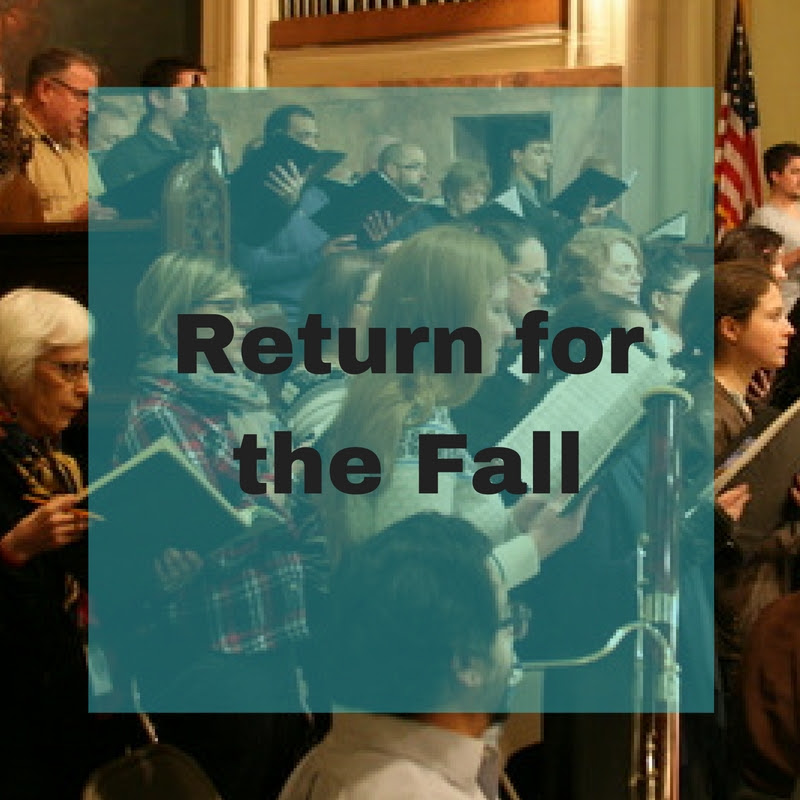Attend a Summer Choral Festival Without Leaving New York City
/Have you considered participating in our Summer Choral Festival? A new Van.org interview with Artistic Director Matthew Lewis by Vice President Claire Marinello answers all your questions about the Festival and gives insight into the process and repertoire:
Claire Marinello: How does the Summer Choral Festival work?
Matthew Lewis: Basically, it’s a way of attending a summer choir festival without leaving New York City. A sort of “staycation” for choral groupies. There are wonderful opportunities to leave New York to attend choir festivals, but this one allows people to continue their summer routine while participating in a two-week intensive workshop with a performance at the end.
For me, it started when we used to host “summer sings.” These were evenings when we would gather to read through a big choral piece, often with a guest conductor. The singers had so much fun, but often wished they could get to know the piece a bit better, allowing them to enjoy it more. So, we started this festival with that thought in mind. After four rehearsals, the singers know the piece better than they would with only one reading! Not to mention we have professional section leaders, which really helps. The result has been wonderful – an outstanding choral sound after only two weeks.
CM: This year’s program consists of Aaron Copland’s In the Beginning and Randall Thompson’s The Peaceable Kingdom. Why did you choose those two pieces?
ML: We are in our bicentennial year, so I thought it would be great to pay homage to two American composers. Furthermore, since people enjoy singing so much, a program of unaccompanied music seemed due. Randall Thompson came to mind immediately, as one of the most significant American composers of choral music. The Peaceable Kingdom is a wonderful work, not performed very often, that I am certain singers and audience will enjoy. And, of course, Aaron Copland is one of the great American composers. His In the Beginning is a masterpiece for unaccompanied chorus with alto solo. The two share some similarities, but are varied enough to offer a great program.
I should also add that the Church of the Incarnation is a great space for a cappella music. The acoustic is warm for chamber music without being too distant. It’s not a cathedral acoustic, but one that allows the audience to hear what is going on with a warm acoustic enhancement.









